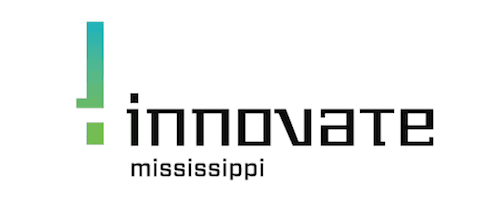 Jackson Clarion Ledger, July 30, 2015; by Tony Jeff, President & CEO, Innovate Mississippi
Jackson Clarion Ledger, July 30, 2015; by Tony Jeff, President & CEO, Innovate Mississippi
Launched out of one of Innovate Mississippi’s Startup Weekends, GeeksNGigs takes the unique angle of utilizing college workers to fulfill small jobs.
I wonder what our parents or grandparents would have thought about the notion of us today reaching out to complete strangers for help deciding on a marketing slogan or logo, to create a movie, to provide critical professional or medical information or even to fund our business ideas?
It seems like a somewhat unlikely scenario to think that would have been very well accepted by them, but asking complete strangers to collaborate to help your idea is the essence of modern crowd sourcing.
The great tradition of a frontier “barn raising” comes to mind as an interesting collaboration from the past, but the big difference is that all of the neighbors who gathered to help raise a barn were probably kinfolk, close neighbors or at least knew the person raising the barn. Today, with the Internet, it’s much more likely that a crowd sourcing campaign won’t involve more than a handful of people who know each other, and almost all of them will never meet in person.
The process of what we now call crowd sourcing had its first big hit with Wikipedia, and the “wiki” phenomenon became an easy way to describe how mass collaboration for the public good could be very effective and provide great value. The process has continued to evolve and mass collaboration to solve almost any problem is now the modern definition of crowd sourcing.
The concept of Wikipedia presents an interesting philosophical question: What drives someone to spend hours writing scholarly articles about the most obscure, but interesting, areas of biology, entomology or astronomy? Perhaps even more interesting, though, is that millions of people are drawn to search and find ways to donate money so that a middle-class couple can honeymoon in the Bahamas. Or the outrageous but true instance when hundreds of people funded a stranger a total of $55,000 to make potato salad for the first time.
Despite the many strange turns crowd sourcing has taken, the most recent evolution is the easiest to understand — paying strangers for the smallest or the biggest of jobs that you need done. Need a logo or marketing slogan? Search the Internet and you’ll find dozens of sites that can create hundreds of options for you, then just select and pay for the one you want.
Practically any job or task can be outsourced — whether they are intensive research-oriented problems like you would find on Innocentive or mundane tasks like those on TaskRabbit. The Internet has shown that if you are willing to pay to solve a problem or have someone do a task for you, there is someone willing to do it.
One example of a Mississippi startup in the crowd sourcing space is Oxford-based GeeksNGigs. Launched out of one of Innovate Mississippi’s Startup Weekends, GeeksNGigs takes the unique angle of utilizing college workers to fulfill small jobs, or “gigs.” With an on-demand “workforce” that has specific training from accounting to law, they can quickly meet many needs. While the company is still in its early stage of growth, the innovative niche it is filling in crowd sourcing of services is going to be huge moving forward.
As I’ve barely scratched the surface of all of the areas that can be crowd sourced, over the next couple of weeks I’ll touch more on areas as diverse as equity crowd funding and how health care solutions and delivery are benefiting from crowd sourcing. For now, I hope you start to notice all of the ways that you may already be personally and professionally using crowd sourcing to meet your needs. Like a modern-day barn raising, an amazing amount of talent and resources can be brought to bear on almost any problem just from searching the Internet for solutions.
Tony Jeff is the president and CEO of Innovate Mississippi. He can be reached at tjeff@innovate.ms.
